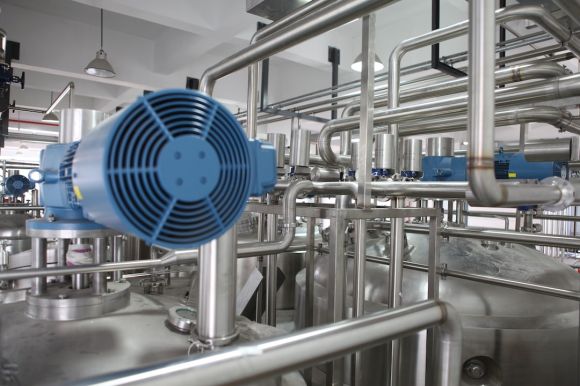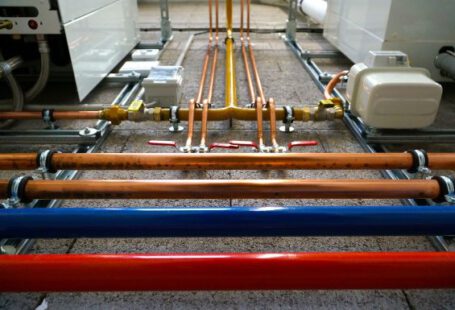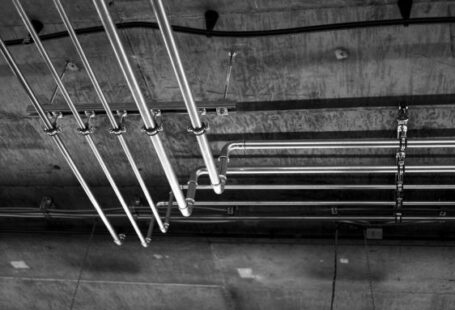Pipes are an essential component of our plumbing systems, carrying water and waste throughout our homes and buildings. However, like any other material, pipes have a lifespan. Over time, they can deteriorate and develop issues that can lead to leaks, blockages, and other plumbing problems. In this article, we will delve into the factors that affect pipe lifespan and when you should start to worry about the condition of your pipes.
Material Matters: The Impact of Pipe Material on Lifespan
The material that pipes are made of plays a significant role in determining their lifespan. Different materials have varying levels of durability and resistance to corrosion. Here are some common pipe materials and their expected lifespans:
1. Copper: Copper pipes are known for their durability and corrosion resistance. With proper maintenance, copper pipes can last for 50 years or more. However, factors like pH levels in the water and the presence of chemicals can affect their longevity.
2. Galvanized Steel: Galvanized steel pipes have a lifespan of around 20 to 50 years. Over time, they can corrode from the inside, leading to reduced water flow and potential leaks. If your home has old galvanized pipes, it may be time to consider replacement.
3. PVC: PVC pipes are widely used in residential plumbing systems. They have a lifespan of around 25 to 40 years. While PVC is resistant to corrosion, extreme temperatures can cause them to become brittle and crack.
Signs of Trouble: When to Assess Your Pipes
Even with the expected lifespans of different pipe materials, it is important to keep an eye out for signs of trouble. Here are some indicators that your pipes may need attention:
1. Frequent Leaks: If you find yourself dealing with recurring leaks, it could be a sign that your pipes are deteriorating. Leaks can lead to water damage and mold growth if left unaddressed.
2. Low Water Pressure: A sudden decrease in water pressure could indicate a blockage in your pipes. This blockage could be caused by mineral buildup or even a collapsed section of pipe.
3. Discolored Water: If the water coming out of your faucets is discolored or has a metallic taste, it may be a sign of corrosion in your pipes. This can lead to health issues and should be addressed promptly.
Taking Action: Maintaining and Replacing Your Pipes
Regular maintenance is key to prolonging the lifespan of your pipes. Here are some tips to keep your pipes in good condition:
1. Avoid Chemical Drain Cleaners: Chemical drain cleaners can corrode pipes over time. Instead, opt for natural alternatives or contact a professional plumber for clogs.
2. Insulate Exposed Pipes: In colder climates, insulating exposed pipes can prevent freezing and potential bursts.
3. Schedule Regular Inspections: Hiring a professional plumber to inspect your pipes periodically can help identify any issues before they escalate.
If your pipes are showing signs of significant deterioration or you are dealing with frequent plumbing problems, it may be time to consider pipe replacement. Upgrading to more durable materials or modern plumbing systems can save you from costly repairs down the line.
In conclusion, understanding the lifespan of your pipes is crucial for maintaining a functional plumbing system. By knowing the expected lifespan of different pipe materials and recognizing the signs of trouble, you can take proactive measures to address any issues. Remember to prioritize regular maintenance and consult with a professional plumber when needed.



